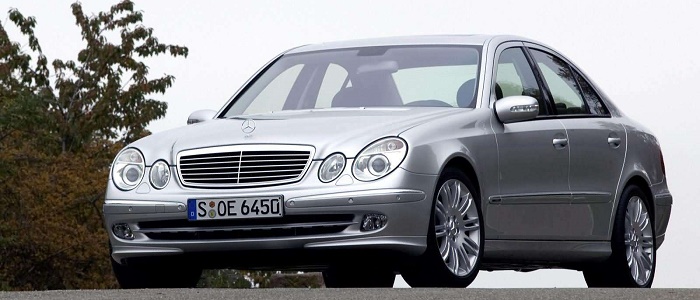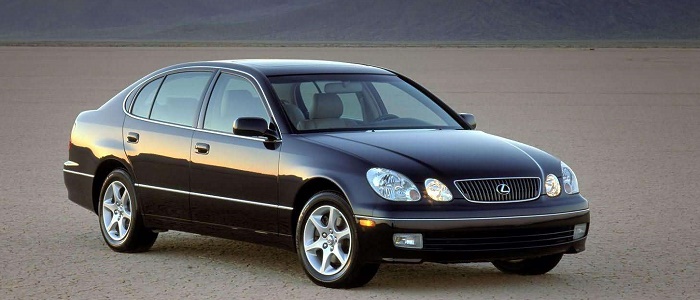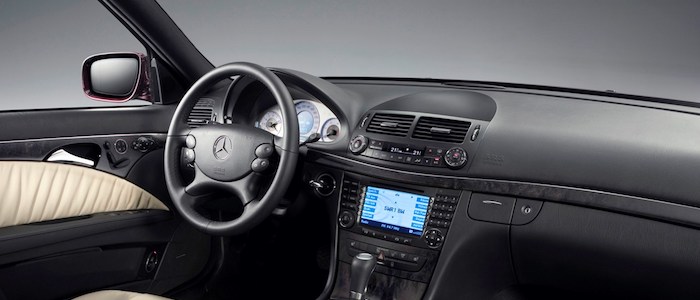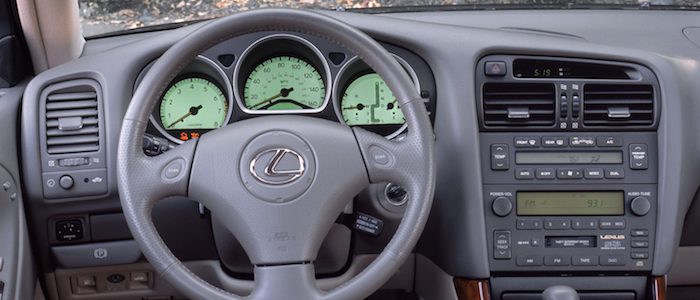Compare two cars
Compare any two cars and get our Virtual Adviser™ opinion
Dimensons & Outlines
Check vehicle history
Engine
1.8 M271 E18 ML R4
Performance (manual gearbox)
Performance (automatic gearbox)
Expenses
Virtual Adviser's™ opinion
Well, these are two pretty similar cars we have here! It's only details that could potentially make the difference. Considering they both belong to the luxury car segment and utilize the same 4-door sedan body style and the rear wheel drive system, it all comes up to the specific petrol engine choice they offer. The first one has a Mercedes Benz-engineered powertrain under the hood, a 4-cylinder, 16-valves 163hp unit, while the other one gets its power and torque from a 6-cylinder, 24-valves 220hp engine designed by Toyota.
SafetyThe fact that the Mercedes Benz got tested by the European New Car Assessment Programme (Euro NCAP), while the other contender didn't, puts it sky-high safety-wise, in my eyes at least. Still, apart from the official crash test results there are other things we need to be aware of. Both vehicles belong to the luxury car segment, which is generally a very good thing safety-wise, but it doesn't do much to help us decide between the two. On the other hand, taking kerb weight as an important factor into account, the Japanese car offers a considerable difference of 12% more metal.
ReliabilityManufacturers have been building their reliability reputation for decades now and, generally speaking, it appears that Lexus as a brand displays somewhat better results, when all the models are taken into account. These are the results of an independent reasearch, while our visitors describe reliability of Mercedes Benz with an average rating of 4.3, and models under the Lexus badge with 4.9 out of 5. Independent research findings rank E as average reliability-wise, and GS is more or less at the same level.That apart, owners of different cars powered by the same engine as the German car rank it on average as 4.6, while the one under the competitor's bonnet gets 5.0 out of 5.
Performance & Fuel economyLexus is undoubtly more agile, reaching 100km/h in 1.4 seconds less than its competitor. In addition to that it accelerates all the way to 230 kilometers per hour, exactly the same as the other car does. When it comes to fuel economy an obvious choice would be the German car, averaging around 8.2 liters of fuel per 100 kilometers (34 mpg), in combined cycle. That's 41% difference compared to the Japanese car!
Verdict
Lexus appears just a bit more reliable, although the difference is truly marginal. The most important thing when deciding between any two vehicles should always be safety, both passive and active. In my opinion, everything taken into account, the German car beats the other contender by far, making it the best choice without even considering other things. From there things take a different direction, with Lexus being considerably quicker, thus putting more smile on driver's face. It does come at a cost though, and that's the fuel consumption... All together, there's not much more to say, in this case I wouldn't even consider anything but Mercedes Benz. Anyway, that's the most objective conclusion I could've came up with and it's based solely on the information found on this website. Aspects such as design, practicality, brand value and driving experience are there for you to measure them out. Also, you could use the oportunity to find out which car, everything taken into account, would be the perfect choice for you in the eyes of the virtual adviser™, among more than 12.000 different ones in our database.

































